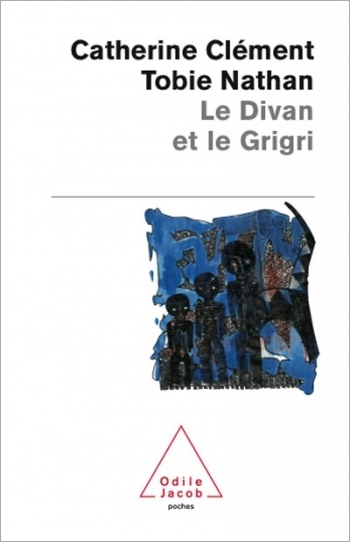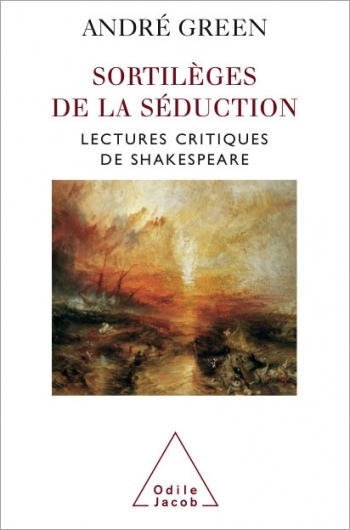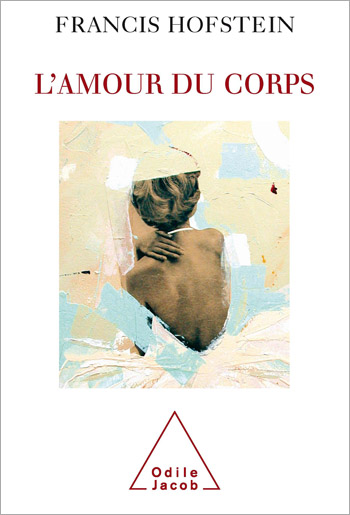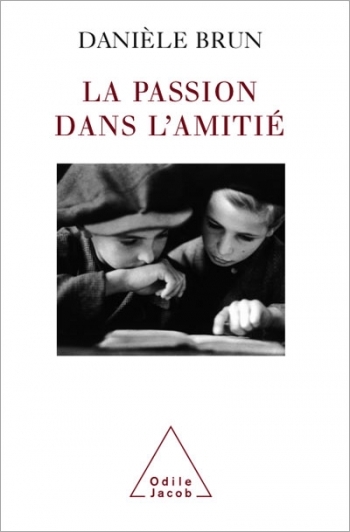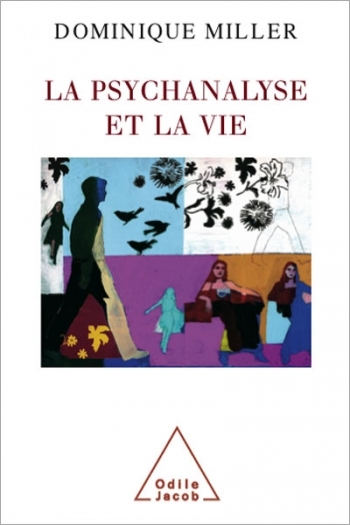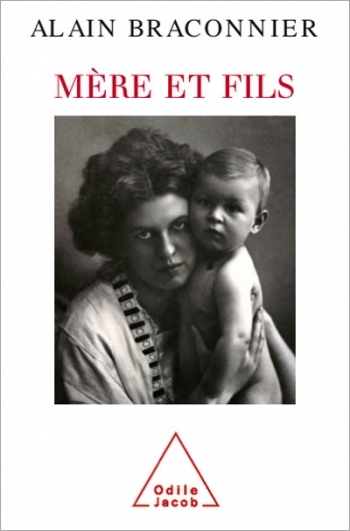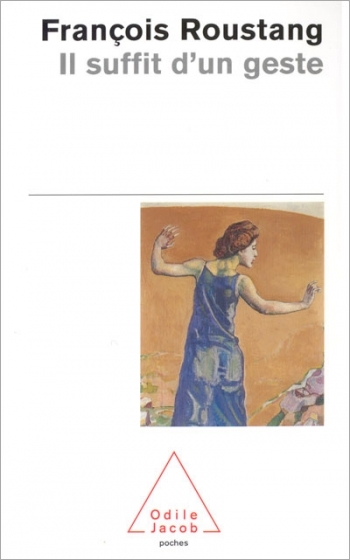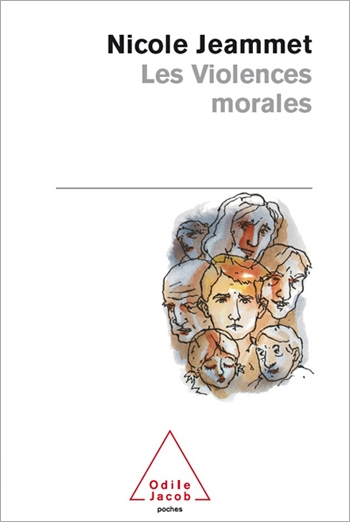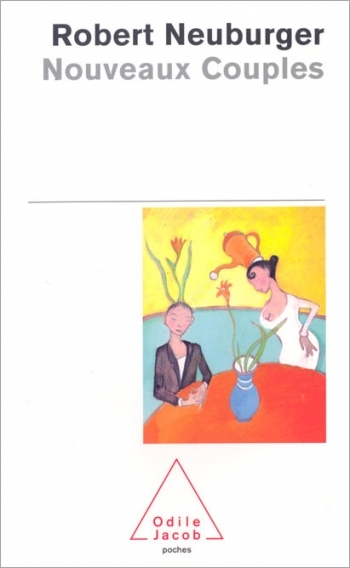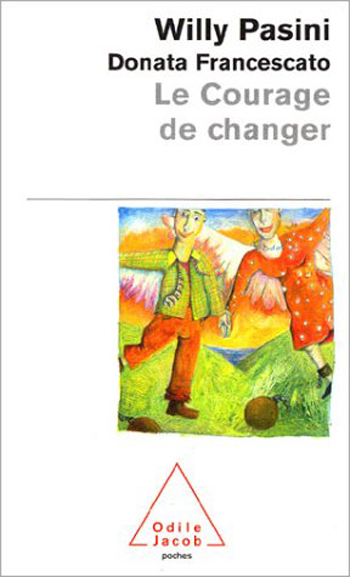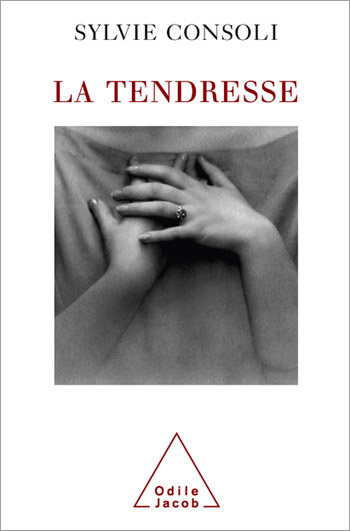Psychoanalysis All books

Boris Cyrulnik
Talking About Love Near The Abyss
Resilience, the human capacity to recover from trauma and to overcome hardship, can come into play at any age...
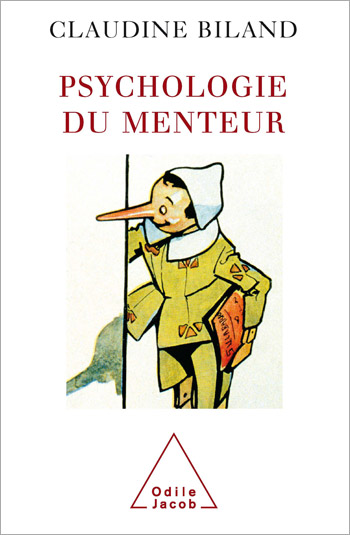
Claudine Biland
Liar's Psychology
When people tell lies what are they really trying to do? The goal of liars is to convince others that an event that never occurred took place or that they have opinions and feelings that they do not. The function of liars is thus to simulate fictional states and to dissimulate real situations; their task is to convince others - and to avoid being found out. What is it that makes liars so unbearable? Lying has a negative connotation in every culture. Children are taught not to tell lies. As a little girl says in an advert, you mustn't cheat, “'cause if you do, you betray the trust that your parents have planted inside you”. Lying always implies deceiving trust or even manipulating another's naiveté - both highly unpleasant experiences for the liar's interlocutor. How can liars be detected? Lying is a delicate, complex art, and non-verbal communication is highly fugitive and difficult to read. Nevertheless, certain conversations leave us with strange, discordant feelings. Then there are those hastily formed opinions about someone or a situation that linger on in our memories. Almost imperceptibly, the impression of sincerity is communicated through words, a voice and gestures. The goal of this book is not to determine if and when lying is justifiable, but to explain to us the types of behaviour that liars do or do not adopt and to develop our ability to unmask them. Shunning a Manichaean approach, the author shows that truth cannot govern all our everyday relations with others - neither in our professional lives nor in our private dealings with friends and partners. If we told the truth all the time, life would become unbearable. Lying is an indispensable human activity, which everyone indulges in. In this work of social psychology, the author has made available to professionals and general readers alike the results of the most advanced research on the subject of lying. Claudine Biland is a psychologist specialising in non-verbal communication. She teaches in Paris.
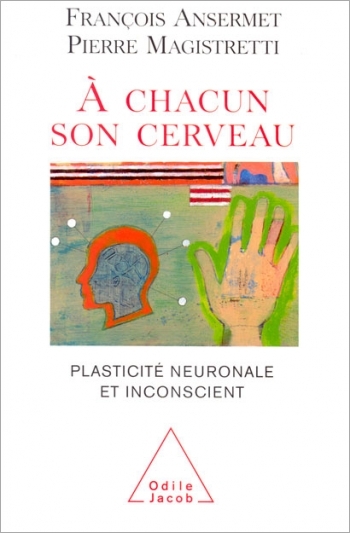
François Ansermet, Pierre Magistretti
To Each His Own Brain Biology of the Unconscious
This book is the result of the coming together of psychoanalysis and neuroscience around the shared observation that experience leaves a mark. Although the idea that experience produces psychic imprints - whether conscious or unconscious - has always been central to psychoanalysis, it was not until recently that findings in neurobiology demonstrated that neuronal plasticity existed and that it operated throughout a person's life. This constant remodelling in relation to experience poses certain basic questions about each individual's identity and future. How does psychic life emerge from experience and from what it imprints? What are the respective contributions of external stimuli (the reality behind experience) and of internal stimuli (the imprinted marks)? How do the mechanisms of synaptic plasticity participate in the establishment of an unconscious internal reality? What is the role of the body in this new dynamic organisation? This book provides the foundations for a better understanding of the relations between neuroscience and psychoanalysis and offers an original theory of the unconscious, by combining recent findings in neurobiology with the basic principles of psychoanalysis. Eschewing genetic determinism, it shows that each individual is different and each brain unique. Pierre Magistretti, a physician and neurobiologist, is a professor of physiology and director of the Centre for Psychiatric Neuroscience at the University of Lausanne's medical school. In addition, he is the president of the Federation of European Neuroscience Societies. François Ansermet is a psychoanalyst and professor of child and adolescent psychology at the University of Lausanne. He is the co-author, with O. Halfon and B. Pierrehumbert, of Filiations psychiques (Presses Universitaires de France, 2000).
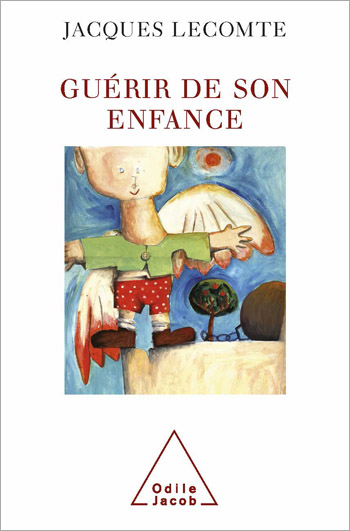
Jacques Lecomte
Cured of Childhood
How does a child whom life has hurt become resilient? Jacques Lecomte examines every aspect of a child's environment that can help him or her overcome misfortune. He stresses the crucial need for markers in the reconstruction of the child's personality, and on the importance of finding meaning in suffering. This is a thorough study of resilience, its foundations and how it works. It is also a polemical work which questions the role played by psychotherapists in building resilience. Jacques Lecomte argues that they are not the only ones who can do this - and that sometimes psychotherapists can do more harm than good. The author suggests specific plans of action, for families and children, so that those who are suffering and in pain may learn to become resilient and happy. This book offers a powerful message of hope - happiness, says the author, lies in acquiring a better understanding of resilience. Jacques Lecomte is a doctor in psychology and a lecturer at the University of Paris-X. He specialises in training professionals who work with children and is secretary general of the International Observatory on Resilience, presided by Boris Cyrulnik.
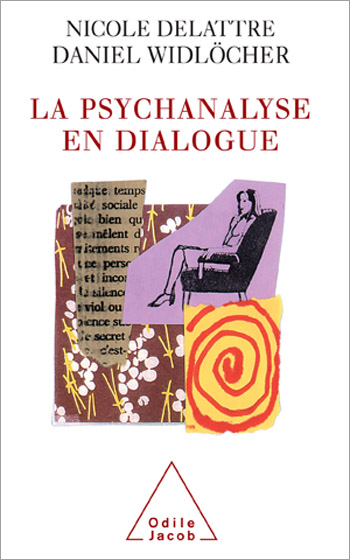
Nicole Delattre, Daniel Widlöcher
Reviewing Psychoanalysis
The task that the authors, Nicole Delattre et Daniel Widlöcher, have set themselves in this book is to take stock of what is useful and reliable in psychoanalysis today. Daniel Widlöcher sets out his view of this unique discipline, and the great concepts that it brings together, in addition to observing its pioneers and different spheres. In particular, he outlines his vision of the future of psychoanalysis, which is presently enjoying a revival. A professor at the University Pierre et Marie Curie, Daniel Widlöcher has for many years headed the psychiatry department at the Salpêtrière Hospital in Paris. He is the president of the International Association of Psychoanalysis and is notably the author of Métapsychologie du sens, of Logiques de la dépression and of Nouvelles Cartes de la psychanalyse. Nicole Delattre is a professor of philosophy

